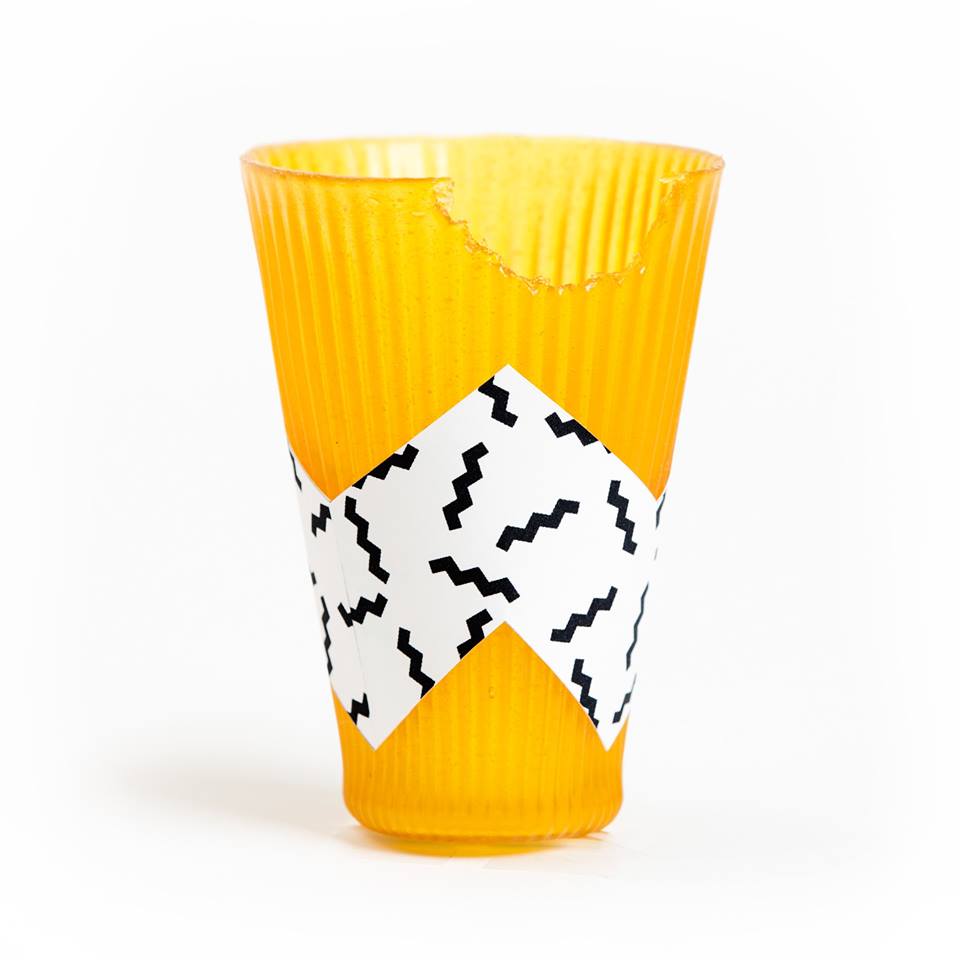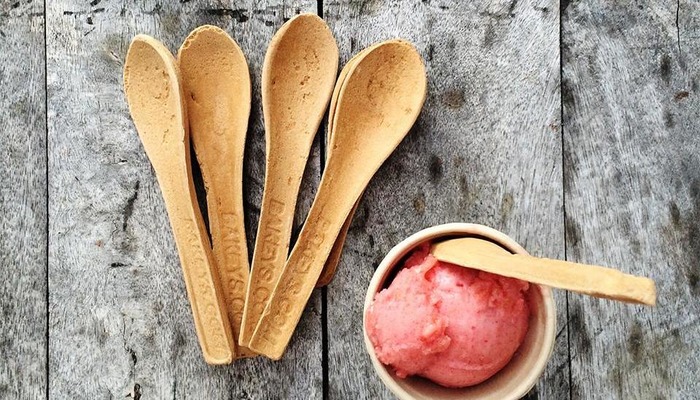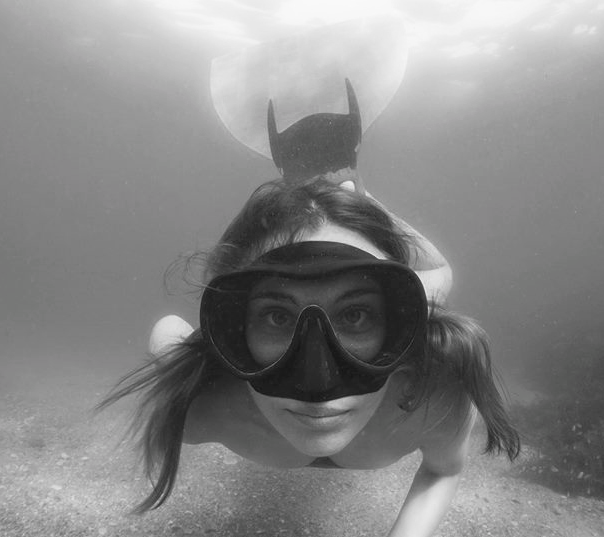Can you cut 1 Tonne of carbon pollution out of your life?
Take the challengeOur penchant for plastic is choking the planet. Single-use plastics in particular have an astonishingly short life span (we usually use plastic bags for around 12 minutes) and then inflict a lifetime of damage on the environment. Every single piece of plastic ever created still exists somewhere, a fact I always gently remind myself of whenever I feel the urge to purchase a plastic-wrapped product.
With a little bit of thought and self-control it's often quite easy to find an alternative to single-use plastic. If you forgot your reusable cup you might wait until you're at the office to have a cuppa, or sit and watch the world go by in a café rather than getting take away lunch.
However, try as you might, sometimes there's just no way avoiding using plastic. In todays society convenience seems to be king, so plastic-free substitutes for the widely used disposable kind are an innovative step in the right direction.
Earlier this year we saw the development of a truly biodegradable drink bottle made from algae, and food bowls created from leaves. More recently, whole ranges of biodegradable and edible products are popping up to replace single-use plastics that are devastating the environment.
Innovative solutions to issues like plastic pollution are an uplifting reminder that we have the power to creatively combat these problems.
Biodegr(edible) cups

One million disposable cups end up in landfill every year. In the face of this enormous issue, Chelsea Briganti and Leigh Ann Tucker launched the world's first totally plastic free, biodegradable cup earlier last year. Originally created as part of a food design competition in 2010, the pair decided to transform the tableware industry and take their idea to the next level. And with that, 'Loliware' was born.
The Loliware cups are completely natural, and are made from seaweed and organic sweeteners. The flavours and colours are derived from fruits, so the cups are a good-looking and delicious alternative to the plastic kind.
In the not too distant future, Loliware hopes to expand to a full range of edible cutlery, including straws and even edible water bottles. Events generate a huge amount of waste, so these products offer a unique and fun alternative to pesky plastic cups.
Read this next: Melbourne's Erin Rhoads has lived two years plastic free!
Beer brewing byproducts used for six pack rings
The plastic rings that connect a six-pack of beer cans together are designed perfectly to choke any wildlife that manages to get entangled within it. Florida based 'Saltwater Brewery' teamed up with a New York ad agency, 'We Believers', to create six-pack rings that not only solve this problem, but also make used of the byproducts of beer brewing.
“[The project] shows that through innovation the little guys can point the finger at governments and big business to motivate change that impacts our world and the one we will leave for our children.”- – Gustavo Laurio, co-founder of We Believers.
The two companies developed six-pack rings made entirely of wheat and barley. They are 100% edible, compostable and completely plastic-free. If the rings end up in the ocean within a few hours they'll start breaking down, ensuring precious marine life does not end up tangled in plastic.
Currently the technology incurs quite a high cost to make but if more brands and investors get on board this cost could be minimized.
"If most craft breweries and big beer companies implement this technology, the manufacturing cost will drop and be very competitive compared with the current plastic solution, while saving hundreds of thousands of marine lives." – Gustavo explained.
Read this next: How To Ban Plastic Bags In Your Community
Cutlery you can sink your teeth into

In the US alone, 40 billion plastic utensils are used every year, and only about 9% of these make it to a recycling plant. Researcher Narayana Peesapaty wanted to turn this problem on its head, so in 2011 he launched the world's first range of edible cutlery.
'Bakeys' cutlery is made from sorghum, rice and wheat flour and is like a hard biscuit. Because of this they don't fall apart in hot water or liquids, but they do fall apart if you leave them in your compost for a few days! The cutlery is not only sustainable, but also nutritious, containing iron, fiber, calcium, thiamine and riboflavin.
The importance of prevention
While these products are incredible testaments to our ability to imaginatively problem solve, nipping the problem in the bud and reducing your plastic use is the best way to tackle the every-growing issue of plastic pollution.
As consumers, we can vote with our dollars to show bigger industries and businesses the kind of world we want to live in. Supporting innovative creations like edible cutlery or cups rather than opting for disposable items helps makes a stand against the throwaway culture we currently live in, and begins to pave the way for a more sustainable world.
